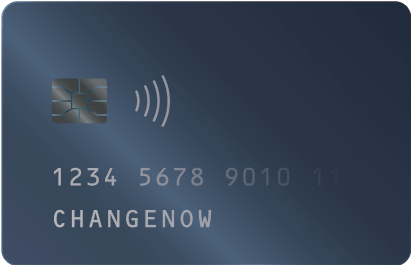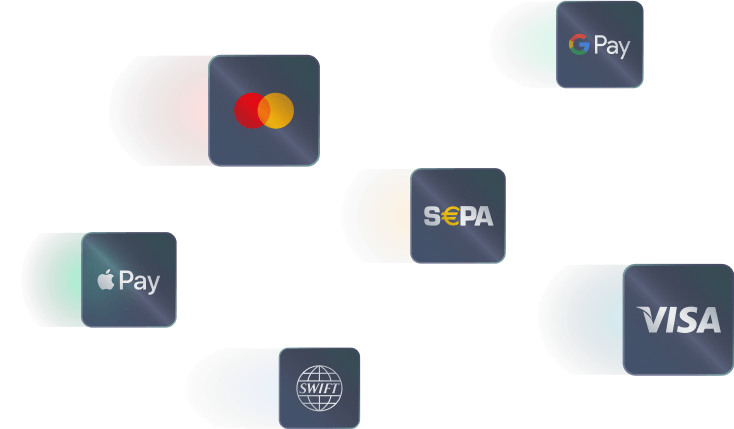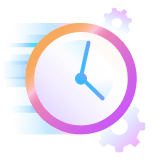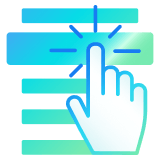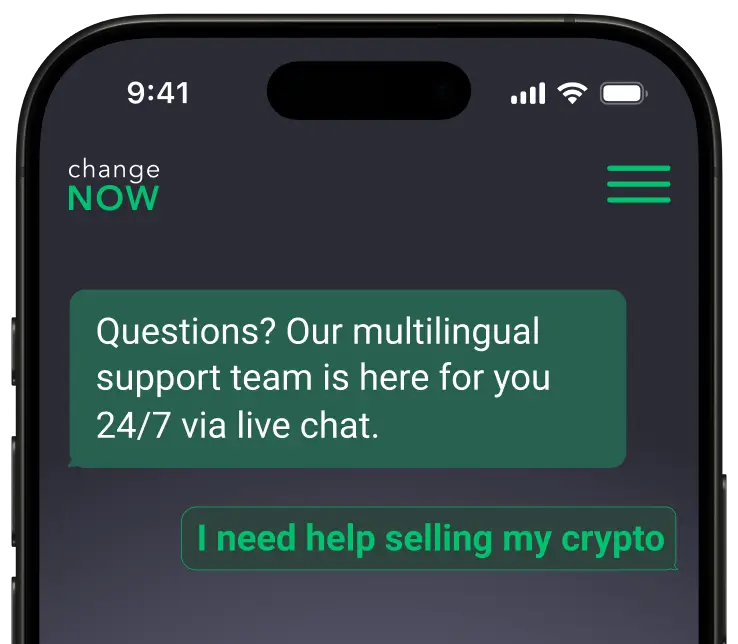Cartesi is an off-chain decentralized computation platform that allows DApps to run on Linux. It was created in 2018 by Augusto Teixeira, Erick de Moura, Diego Nehab and Colin Steil. Cartesi aims to solve the issues of scalability, computation, and DApp infrastructure.
The Cartesi network utilizes off-chain computing, that takes place in Cartesi Nodes, to overcome the limitations of a blockchain such as processing limits and high fees. In such a network the consensus is reached off-chain, in Cartesi Machines, as a part of Descartes SDK. However, in the case of fraudulent computation, the dispute is done on-chain and the dishonest parties are punished. Cartesi Machines are reproducible and fully transparent which is essential for consensus. The combination of off-chain and blockchain technologies increases the productivity and scalability of the network.
The CTSI token is used as a utility token and is a part of Cartesi’s Proof of Stake protocol. It is also utilized in staking, as a reward, for paying transaction fees and DApp storage.
In July 2021, the Cartesi network is released a testnet of Cartesi Rollups, improving the scalability of transactions and allowing developers to program applications in any language. In December 2021, Cartesi Rollups’ alpha release was launched.


